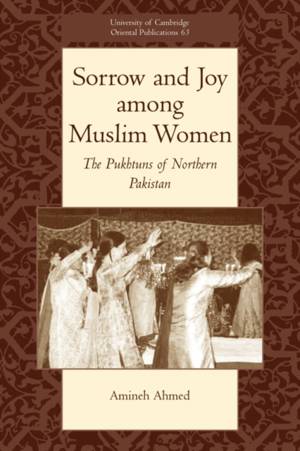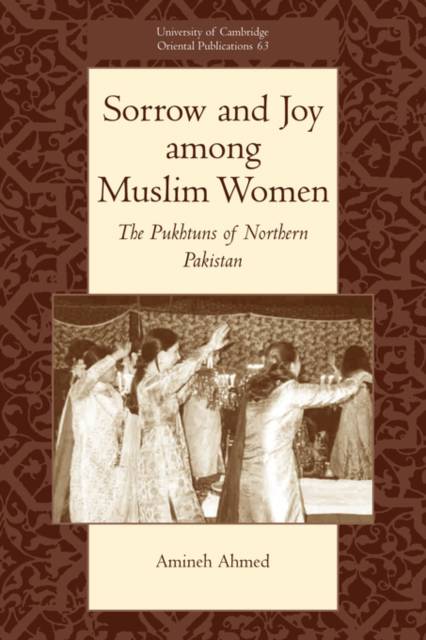
- Afhalen na 1 uur in een winkel met voorraad
- Gratis thuislevering in België vanaf € 30
- Ruim aanbod met 7 miljoen producten
- Afhalen na 1 uur in een winkel met voorraad
- Gratis thuislevering in België vanaf € 30
- Ruim aanbod met 7 miljoen producten
Zoeken
€ 82,45
+ 164 punten
Uitvoering
Omschrijving
The Pukhtuns are numerically and politically one of the most significant ethno-linguistic groups in Pakistan and Afghanistan. This important study of Pukhtun society concentrates on the lives, thoughts and gham-khadi (funerals-weddings) ceremonies of the women, especially of the elite, wealthy and educated women (Bibiane) who have largely been overlooked in previous studies. Contesting their conventional representation as idle, it illustrates their commitment to various forms of work within familial and social contexts. It challenges the commonly assumed models of contemporary Pakistan society, which make a simplistic divide between rural and urban, Punjab and non-Punjab, and feudal and non-feudal spaces and peoples. It also contributes to broader debates about the nature and expression of elite cultures and issues of sociality, funerals and marriage, custom and religion, space and gender, morality and reason, and social role and personhood within the contexts of Islam in the Middle East and South Asia.
Specificaties
Betrokkenen
- Auteur(s):
- Uitgeverij:
Inhoud
- Aantal bladzijden:
- 240
- Taal:
- Engels
- Reeks:
- Reeksnummer:
- nr. 63
Eigenschappen
- Productcode (EAN):
- 9780521052702
- Verschijningsdatum:
- 31/03/2008
- Uitvoering:
- Paperback
- Formaat:
- Trade paperback (VS)
- Afmetingen:
- 152 mm x 230 mm
- Gewicht:
- 353 g

Alleen bij Standaard Boekhandel
+ 164 punten op je klantenkaart van Standaard Boekhandel
Beoordelingen
We publiceren alleen reviews die voldoen aan de voorwaarden voor reviews. Bekijk onze voorwaarden voor reviews.











